We fondly welcome you to the place where DESIGN
is
discovered, decorated & deployed
“Addiction and career misfit remain pressing challenges among our youths. Despite numerous interventions, lasting improvement has yet to be achieved. This is because it is a design-distortion problem. The original design has been tempered with. ASHNATHASHA FOUNDATION’s effort is a holistic measure which address the intricate design of everyone to uncovers the root cause and tackles it.”

Davies Sunday David
Founder
“Addiction is a harsh reality, leaving visible scars on our society. Even more troubling is the fact that the girl child remains the most vulnerable. She is at risk, fragile, and in urgent need of care, guidance, and protection. Together, we must rise to support the girl child—empowering her to overcome challenges, discover her true potential, and fulfill her purpose in life.”
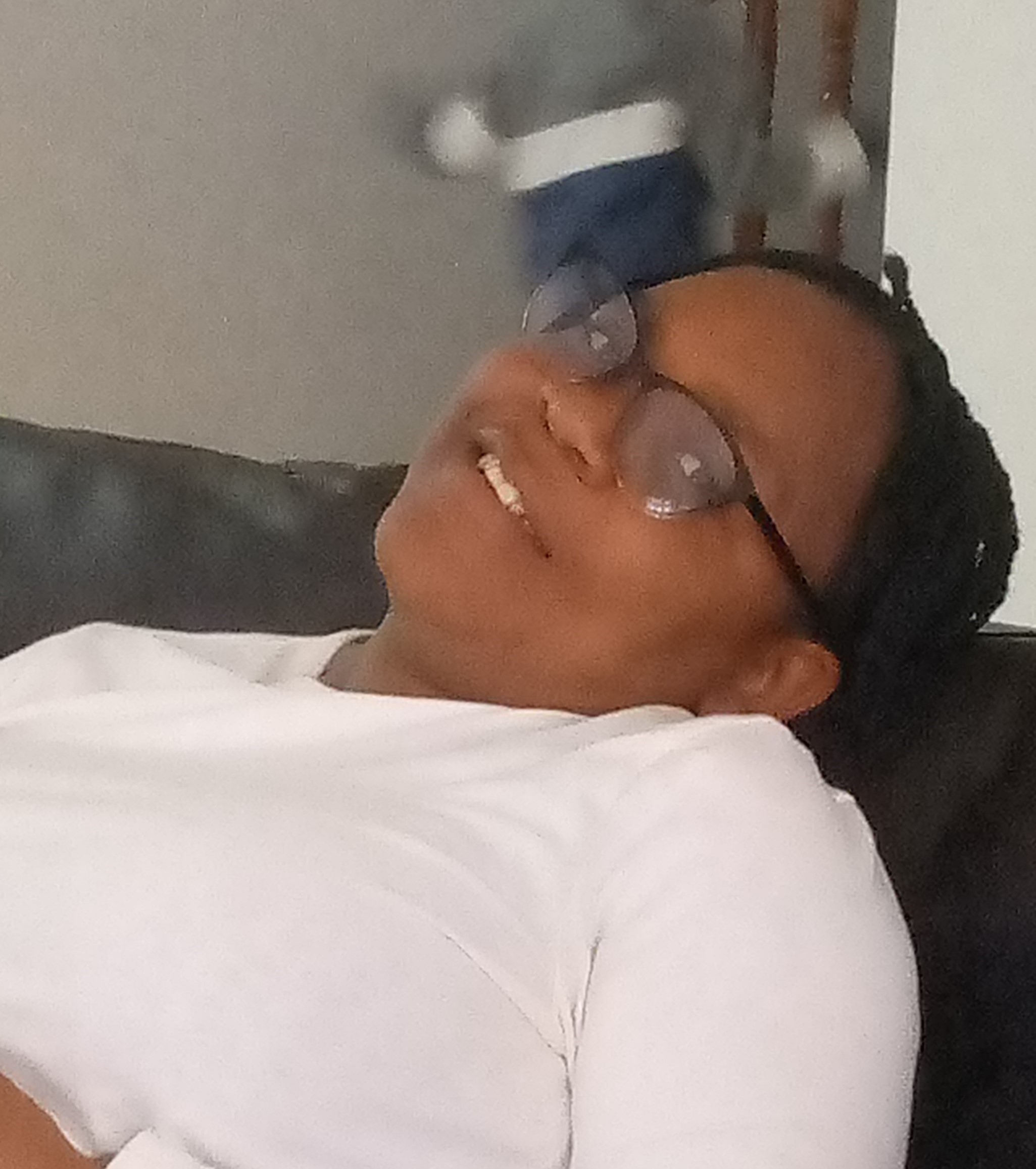
Davies Oluwaseun Temitope
Co-founder

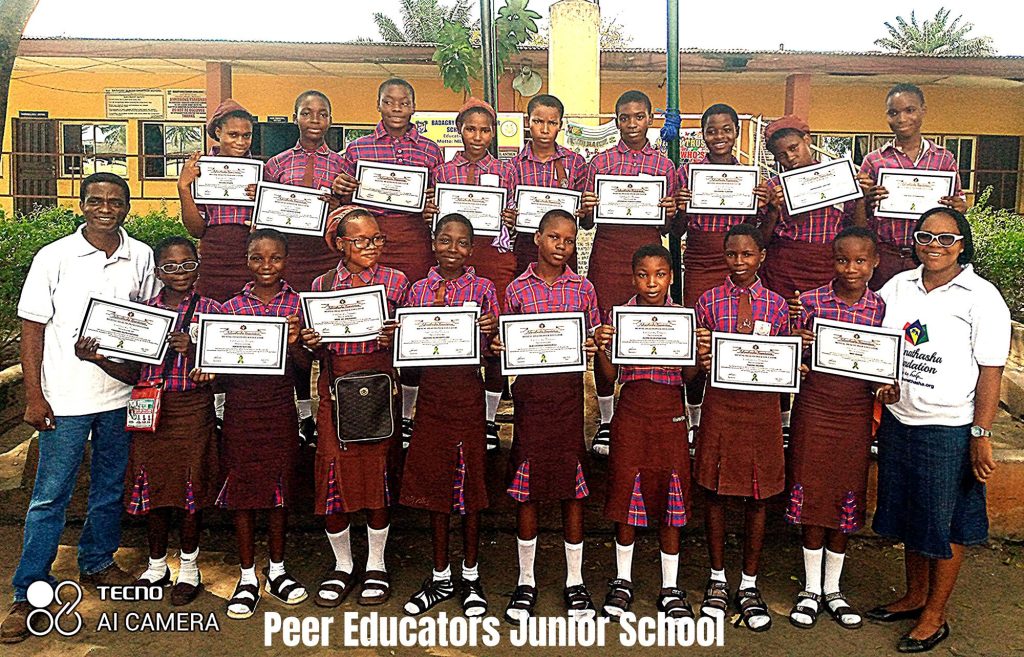
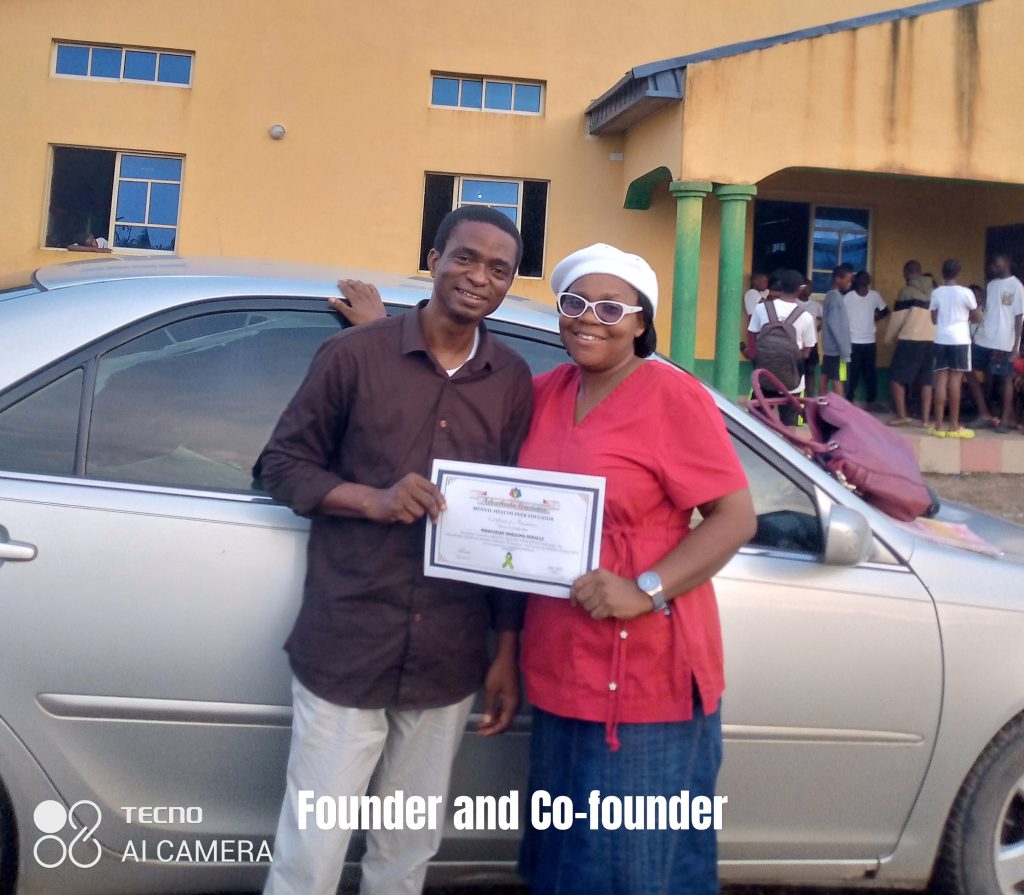
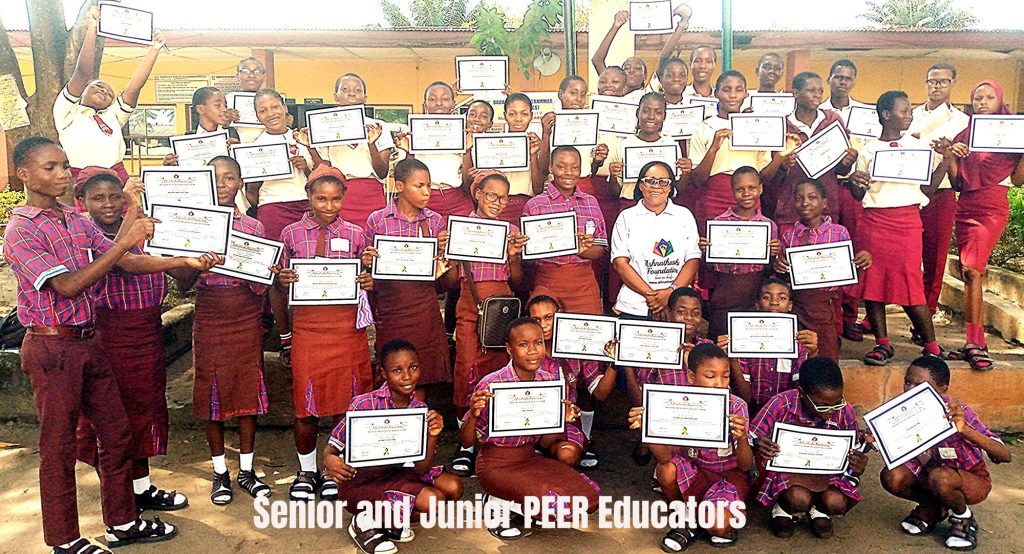
Project 1:
ASHNATHASHA Adolescent Mental Health Awareness and Career by DESIGN Project
Badagry Grammar School, Badagry. Lagos State
April – July 2023
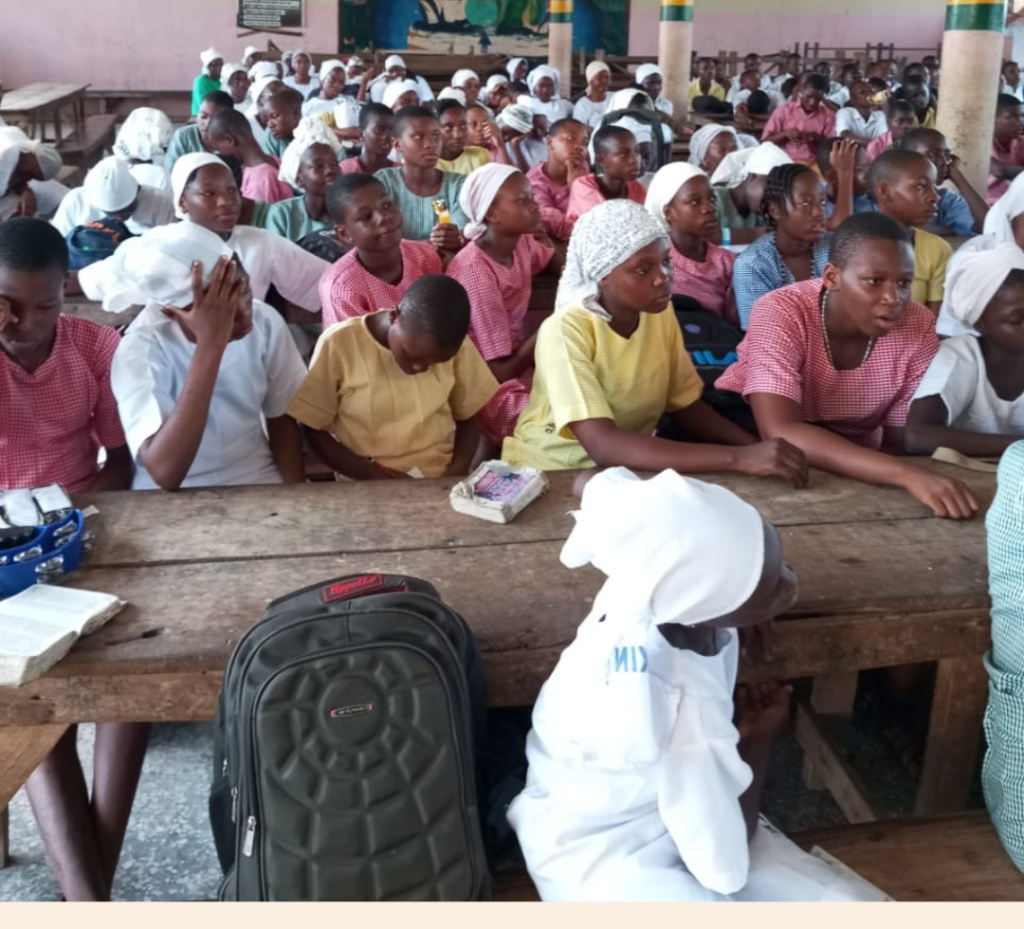
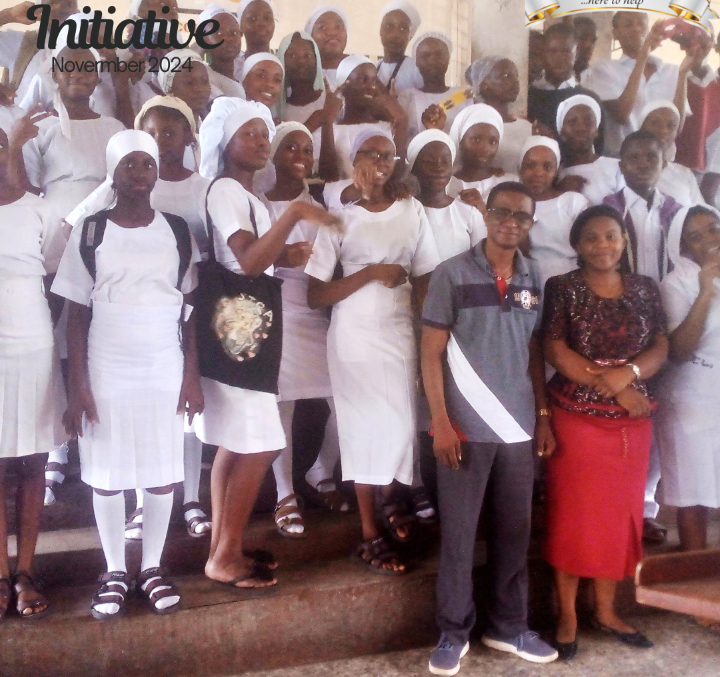
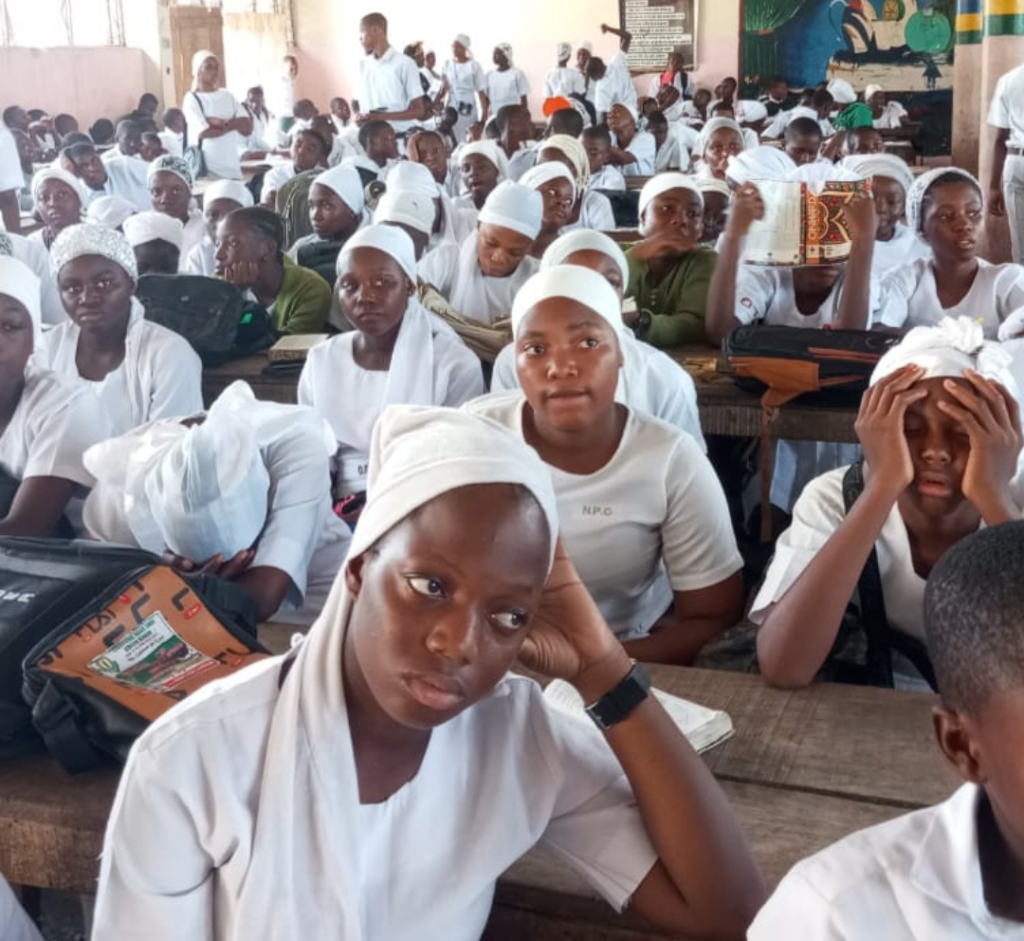

Project 2:
ASHNATHASHA Career by DESIGN Initiative Project
Lagos State Model College Kankon, Lagos State
October– November 2024




Lorem ipsum dolor sit amet, consectetur adipiscing elit. Ut elit tellus, luctus nec ullamcorper mattis, pulvinar dapibus leo.

Problem of Career Misfit
- Widespread skills gap: A 2025 report found that six out of ten Nigerian graduates lack the necessary skills for available jobs. A 2024 report by the National Information Technology Development Agency (NITDA) revealed that 85% of Nigerian graduates do not possess digital skills.
- Deficient graduate skills: Research indicates high mismatch levels in several areas. A 2016 study found a 60.6% skill mismatch among university graduates, with major deficiencies in:
- Communication (67.7%)
- IT skills (66.3%)
- Critical thinking (65.6%)
- Employer dissatisfaction: A 2025 report stated that over 45% of employers in a survey rated entry-level hires as lacking critical work-readiness skills. A 2025 article also noted that over 70% of employers find it difficult to fill roles due to the lack of job-ready talent.

Problem of Addiction
According to a 2024 study, nearly 14 million people in Nigeria, including youths, misuse drugs. Statistics from the National Drug Law Enforcement Agency (NDLEA) indicate that addiction is on the rise among young people, with a 2021 report finding that 40% of Nigerian youths between 18 and 35 were “deeply involved” in drug abuse.
- Prevalence: Nigeria has a higher rate of drug use than the global average. A 2018 report by the National Bureau of Statistics estimated that 14.4% of the population aged 15–64 (14.3 million people) had used psychoactive substances, compared to the 2016 global annual prevalence of 5.6%.
- Age of initiation: While abuse is most common in the 25–39 age bracket, many youths start much earlier. A 2022 study in Anambra State found that 10.1% of adolescents aged 10 to 19 had abused substances. Other research showed that 59.8% of drug users began at age 18 or older, while 30.2% began between ages 14 and 17.
- Gender: Substance abuse is more common among men, but the gender gap is less marked for certain prescription drugs like opioids and tranquilizers.
There is HOPE...
Inspite of this grim picture, there is still hope for this generation and the one to come.
We are the ASHNATHASHA FOUNDATION – here to help
Why we exist
- Addiction Prevention & Care
Addiction is more than a habit—it is a chain that slowly steals freedom, purpose, and joy. At Living by DESIGN Institute, we believe every life can be free.
- Purposeless Careers Create Purposeless Lives.
Far too many people end up trapped in careers that drain them instead of fulfilling them. This silent crisis is what we call career misfit. At Career by DESIGN Initiative, we believe every person has a God-given purpose—and your career must reflect it.

Our Strategies for Impact

Transformative Faith-Based Mentorship & Discipleship Programs
Youth need role models and safe spaces to explore their identity in Christ. Many fall into addictions or destructive habits because they lack guidance and accountability.
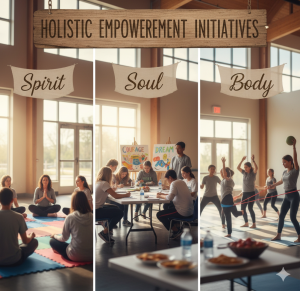
Holistic Empowerment Initiatives (Spirit, Soul, Body Approach)
Vices and addictions are not only spiritual battles but also tied to mental health, social pressure, and economic despair. Addressing only one dimension leaves youths vulnerable.

Social Media & Community Influence Strategy
Culture and media heavily shape what youths believe about themselves. To shift mindsets, the foundation must engage in the spaces where youths spend their time.
